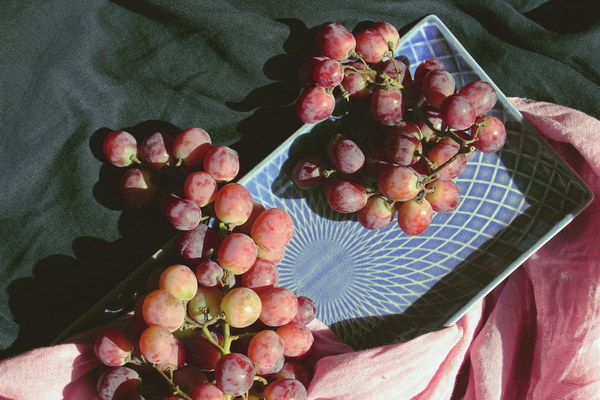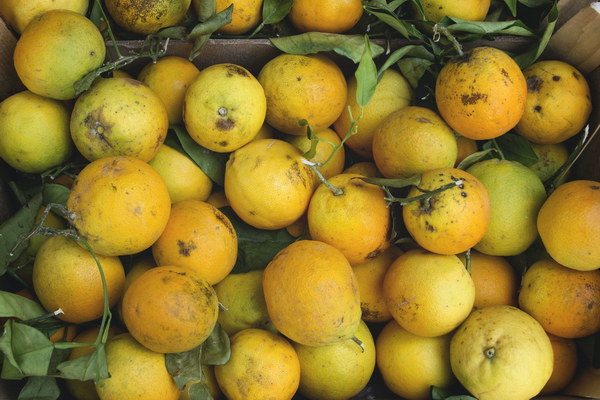Natural Remedies for Dampness and Edema Discover the Best Herbs and Medicines
In the realm of traditional medicine, dampness and edema are common conditions that can disrupt one's overall health and well-being. Dampness refers to the accumulation of excess moisture in the body, which can lead to various symptoms such as fatigue, weight gain, and bloating. Edema, on the other hand, is the swelling caused by the accumulation of fluid in the body's tissues. Both conditions can be effectively treated with certain herbs and medicines. Let's explore some of the best options for alleviating dampness and edema.
1. Traditional Chinese Medicine (TCM)
Traditional Chinese Medicine has been used for centuries to treat dampness and edema. Here are some commonly used herbs and remedies:
a. Astragalus (Astragalus membranaceus): This herb is known for its immune-boosting properties and its ability to expel dampness from the body.
b. Poria (Poria cocos): Poria is a mushroom-like herb that helps to drain dampness, improve kidney function, and reduce edema.
c. Atractylodes (Atractylodes macrocephala): Atractylodes is another herb that can be used to expel dampness, particularly when it is accompanied by a feeling of heaviness and fatigue.
d. Hoelen (Polyporus umbellatus): This herb is often used in combination with other herbs to help reduce edema and improve fluid metabolism.
e. Cinnamon (Cinnamomum cassia): Cinnamon is a warming spice that can help to expel dampness and improve circulation, thereby reducing edema.
2. Western Herbs
Western herbal medicine also offers several options for treating dampness and edema:
a. Dandelion (Taraxacum officinale): Dandelion is a diuretic that helps to remove excess fluid from the body, thereby reducing edema.
b. Burdock (Arctium lappa): Burdock is another diuretic herb that can help to expel dampness and improve kidney function.
c. Celery (Apium graveolens): Celery contains diuretic properties that can help reduce edema and promote healthy fluid balance.
d. Hawthorn (Crataegus oxycantha): Hawthorn is a heart tonic that can help improve circulation, thereby reducing edema.
3. Medicinal Plants
Medicinal plants can be used to treat dampness and edema as well:
a. Nettles (Urtica dioica): Nettles have diuretic and anti-inflammatory properties that can help reduce edema and alleviate symptoms of dampness.
b. Marshmallow (Althaea officinalis): Marshmallow is a demulcent herb that can help reduce inflammation and swelling, making it beneficial for edema.
c. Corn Silk (Zea mays): Corn silk is a natural diuretic that can help remove excess fluid from the body and reduce edema.
4. Homeopathic Remedies
Homeopathy offers a variety of remedies for dampness and edema. Some of the most commonly used remedies include:
a. Apis mellifica: This remedy is suitable for edema caused by allergies or insect bites.
b. Rhus toxicodendron: This remedy is indicated for edema accompanied by joint pain and stiffness.

c. Natrum mur: This remedy is helpful for edema caused by emotional stress or water retention.
In conclusion, dampness and edema can be effectively treated with various herbs, medicines, and natural remedies. It is essential to consult with a healthcare professional before starting any treatment to ensure the best possible outcome. By addressing the root cause of these conditions, individuals can experience relief from their symptoms and improve their overall health and well-being.









